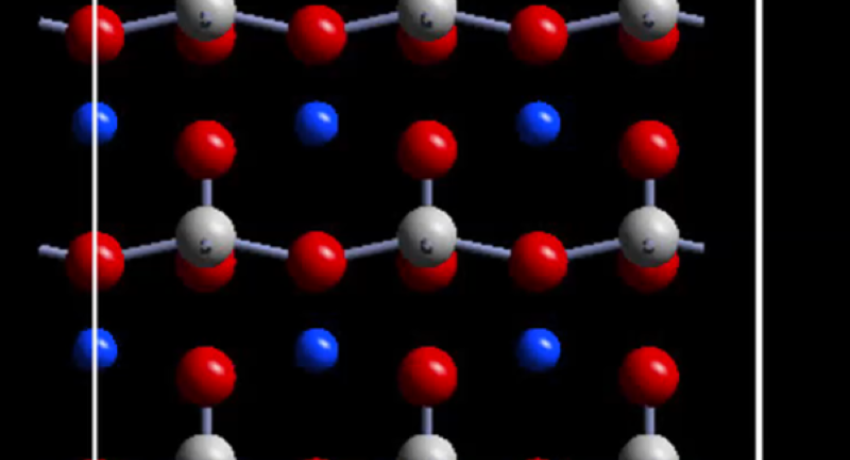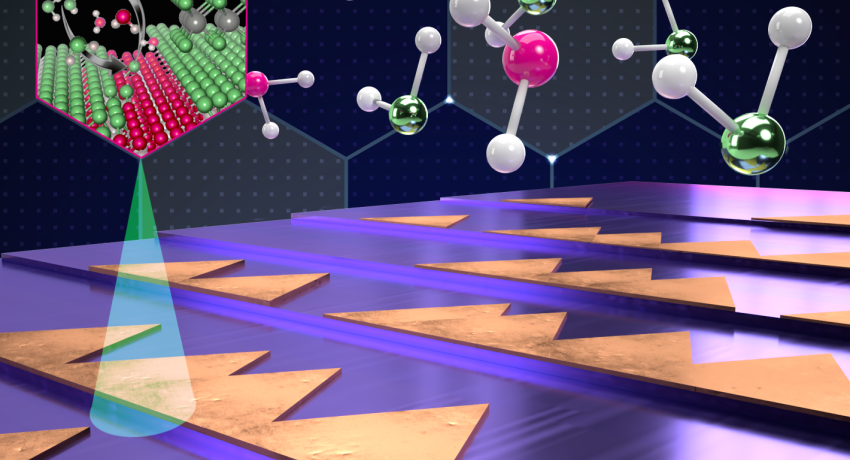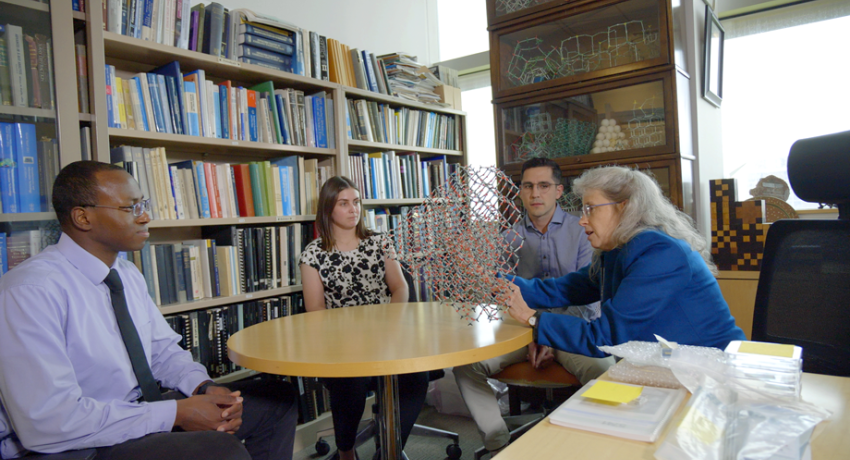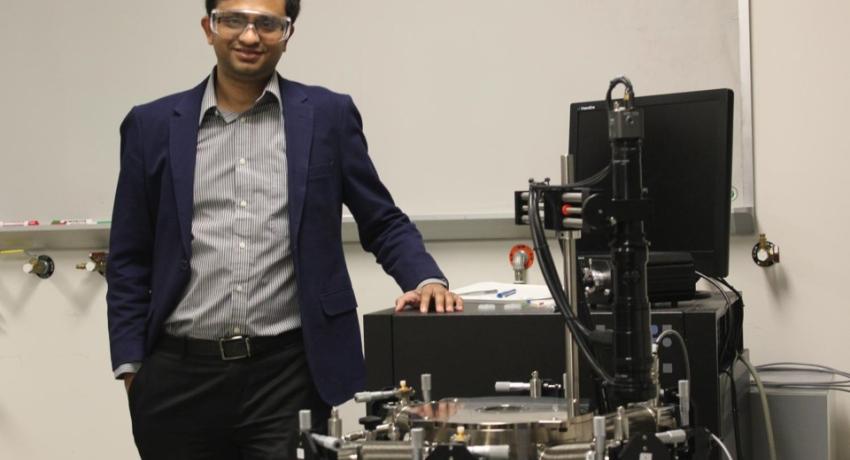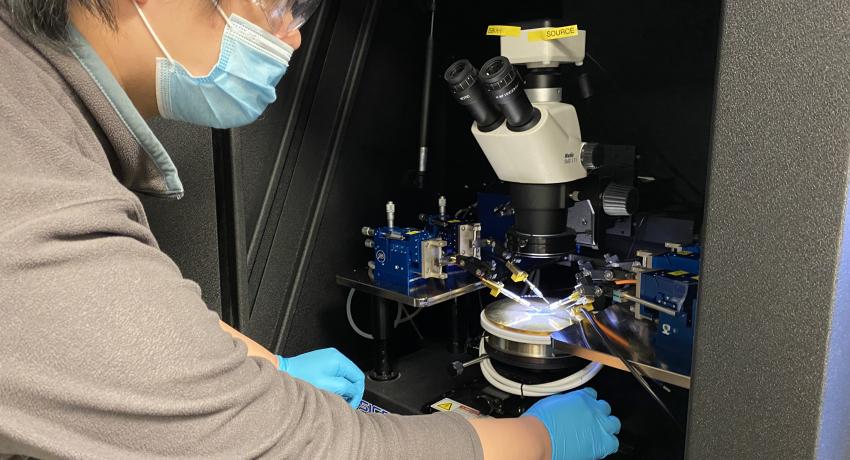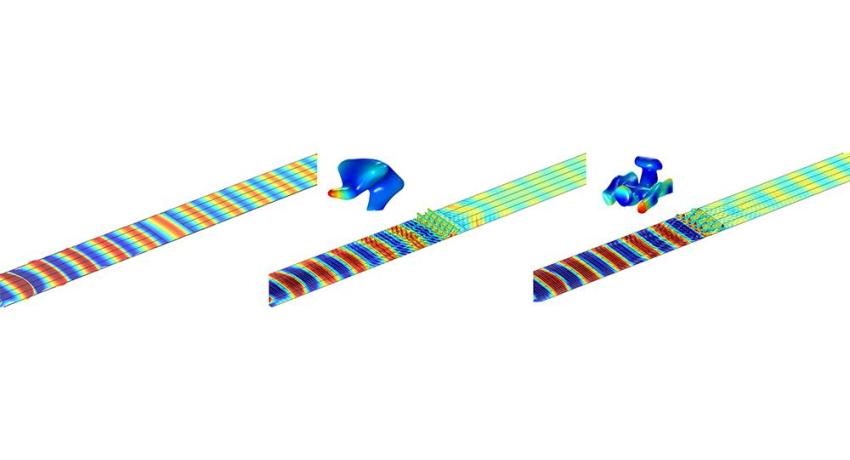Q&A: How can advanced chip packaging help redesign the future of semiconductors?
Researchers explain how chip architecture and Penn State-led initiatives can help jump-start U.S. chip manufacturing
By Tim Schley
The phrase “advanced chip packaging” might conjure images of a fancy Pringles can. For those who manufacture semiconductors — also known as integrated circuits, chips or microchips — it represents a new frontier, a race to design and mass produce the next generation of semiconductors that use less energy while delivering more computing power.

